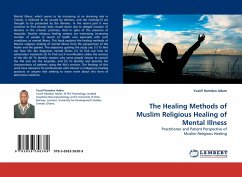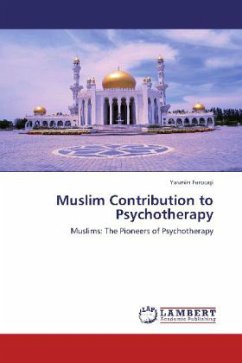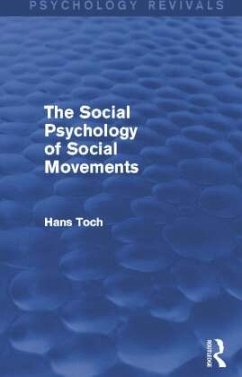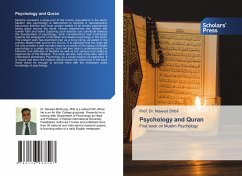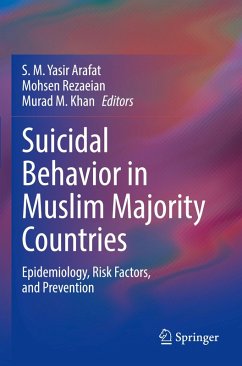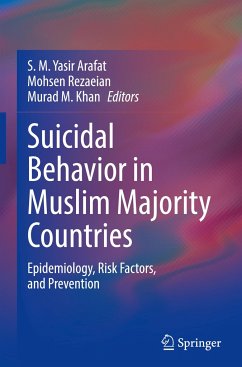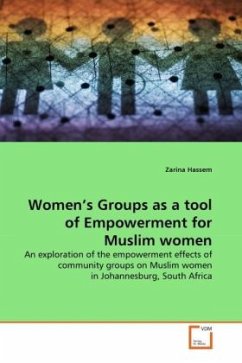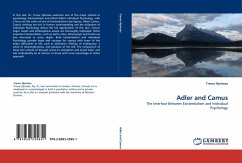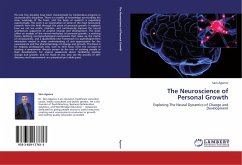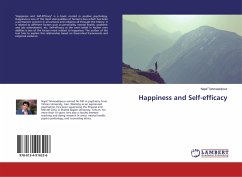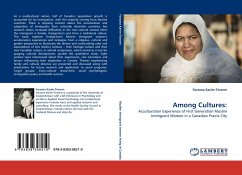
Among Cultures:
Acculturation Experience of First Generation Muslim Immigrant Women in a Canadian Prairie City
Versandkostenfrei!
Versandfertig in 6-10 Tagen
32,99 €
inkl. MwSt.

PAYBACK Punkte
16 °P sammeln!
As a multicultural nation, half of Canada s population growth is accounted for by immigration, with the majority coming from Muslim countries. There is ongoing concern about the acculturation and adaptation of immigrants from culturally dissimilar countries, but research shows increased difficulties in the new cultural context when the immigrant is female, foreign-born and from a traditional culture. This book explores foreign-born Muslim immigrant women s acculturation experiences and strategies from a religious, cultural and gender perspective to illuminate the diverse and confounding roles ...
As a multicultural nation, half of Canada s population growth is accounted for by immigration, with the majority coming from Muslim countries. There is ongoing concern about the acculturation and adaptation of immigrants from culturally dissimilar countries, but research shows increased difficulties in the new cultural context when the immigrant is female, foreign-born and from a traditional culture. This book explores foreign-born Muslim immigrant women s acculturation experiences and strategies from a religious, cultural and gender perspective to illuminate the diverse and confounding roles and expectations of two distinct cultures their heritage culture and their new Canadian culture. A cultural comparison, which served as a tool for gauging cultural discrepancies, guided this qualitative study. Eight women were interviewed about their experiences, role transitions and factors influencing their adaptation in Canada. Themes emphasizing family and cultural distance are presented and discussed along with implications for future research and application to social programs. Target groups: Cross-cultural researchers; social psychologists; immigration policy and health services.



